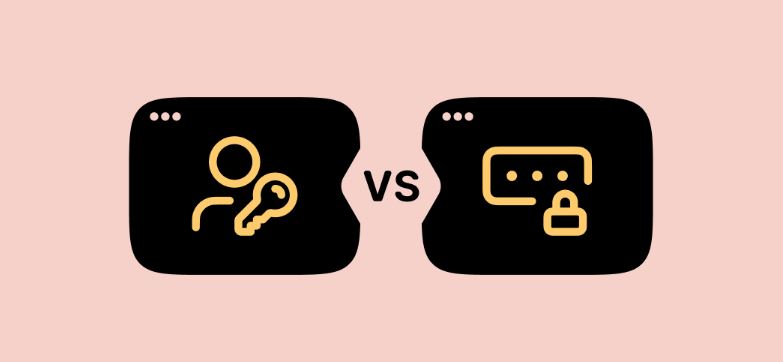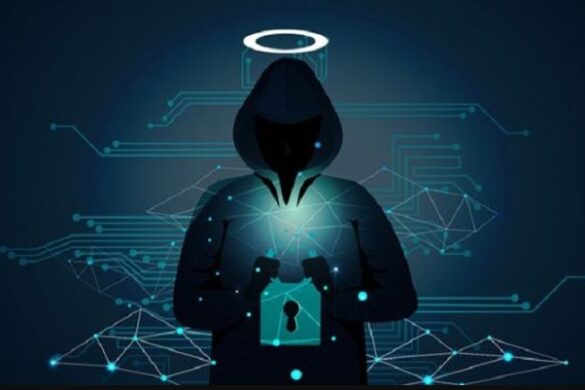Yes, passkey technology is fundamentally more secure than traditional passwords. Unlike passwords, passkeys are resistant to phishing, cannot be stolen in a server-side data breach, and eliminate the risk of users creating weak or reused credentials. They offer a more secure and convenient method of authentication.
What Exactly Is a Passkey?
Think of a passkey not as something you remember, but as something your device has. It’s a cryptographic key pair that consists of:
- A Public Key: This is stored on the website or app’s server. It’s like the public address of your house; knowing it doesn’t help anyone get inside.
- A Private Key: This is stored securely on your device (phone, laptop, etc.) and never leaves it. It’s the actual key to your house.
When you log in, the website’s server sends a challenge to your device. Your device uses its private key to “sign” the challenge and prove its identity, unlocking your account without ever sending a secret over the internet. You authorize this with a simple biometric scan (fingerprint, face ID) or your device’s PIN.
Why Passkeys Are More Secure Than Passwords?
They Are Phishing-Resistant This is their biggest advantage. A passkey is cryptographically bound to the specific website or app it was created for. If a scammer creates a fake website like “https://www.google.com/search?q=go0gle.com” to trick you, your device will know it’s not the real “https://www.google.com/search?q=google.com” and will refuse to use the passkey. It’s impossible for a user to be tricked into using their passkey on the wrong site, a vulnerability that makes passwords so dangerous.
There Is No Password to Steal from a Server When a company suffers a data breach, hackers often steal databases full of hashed passwords. With passkeys, the company only stores your public key, which is useless on its own. Your private key—the important part—remains safe on your device. A breach at a company you use can’t compromise your account.
They Eliminate Weak and Reused Passwords A major security risk is people using simple passwords (like “Password123”) or reusing the same password across multiple sites. Passkeys are, by default, extremely long and complex cryptographic keys. You don’t have to create or remember them, so the human element of choosing a weak password is removed entirely.
Common Questions About Passkeys
What happens if I lose my phone?
Your passkeys are typically synced to your cloud account (like your Apple ID or Google Account). When you get a new device and sign in to your cloud account, your passkeys are securely restored, allowing you to access your accounts again after verifying your identity.
Are passkeys supported everywhere?
Adoption is growing incredibly fast, with support from major players like Google, Apple, Microsoft, PayPal, and many more. However, they are not yet universal. For the time being, you’ll likely use a mix of passkeys and passwords as more websites and services upgrade their systems.
Conclusion: The Future is Passwordless
While passwords have been a part of our digital lives for decades, they were not designed for the modern internet’s security challenges. Passkeys solve the most critical flaws in password-based systems. They are simpler for users, significantly more secure, and represent the next logical step in protecting our digital identities.





